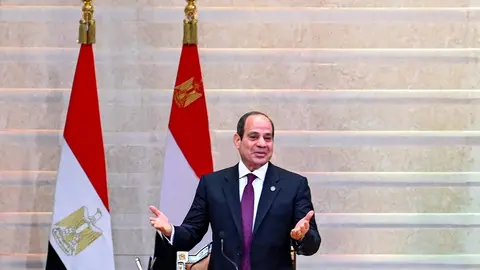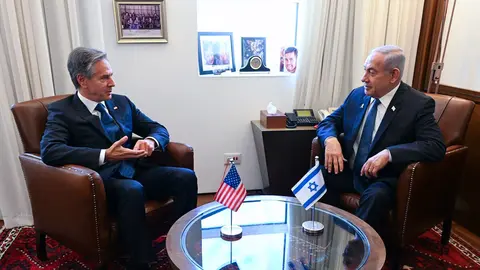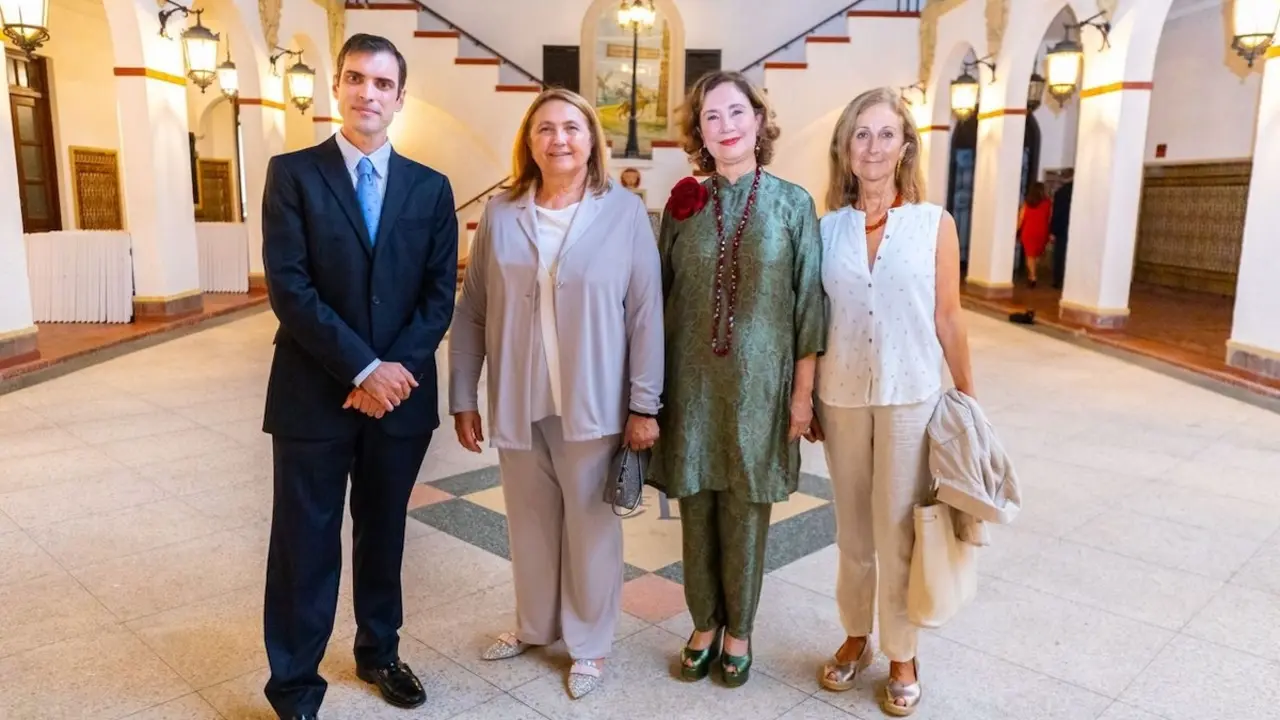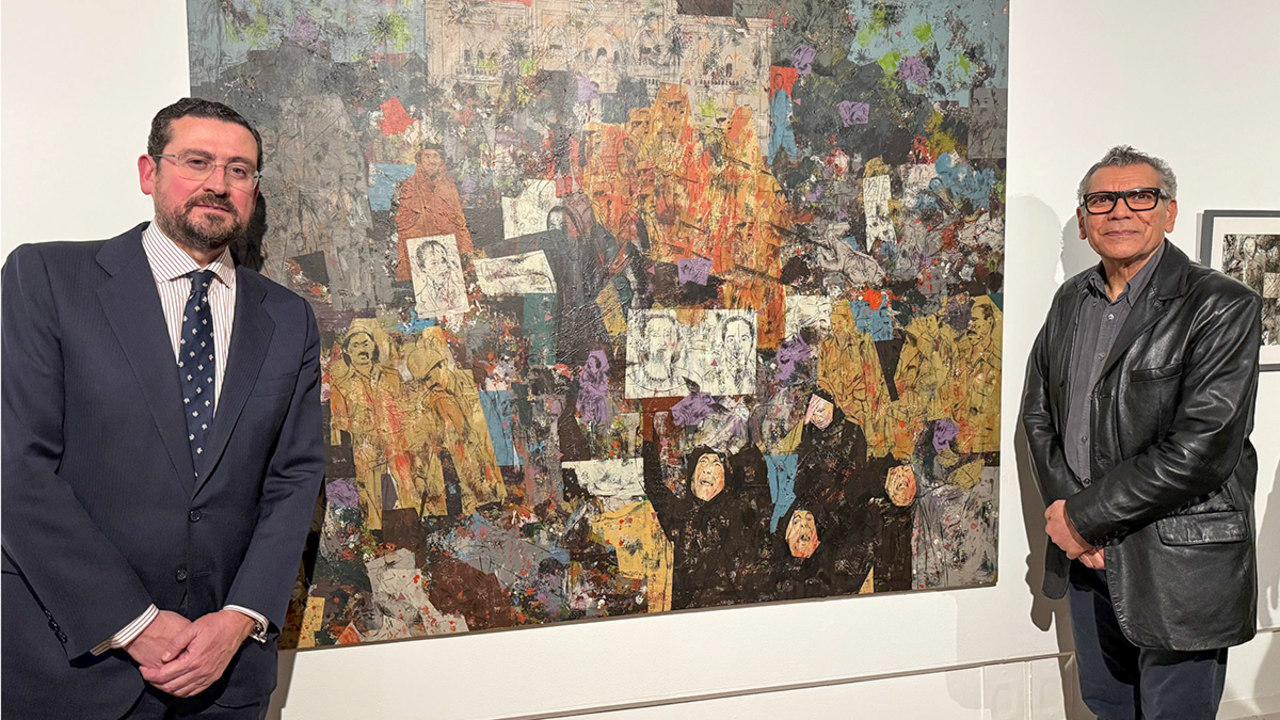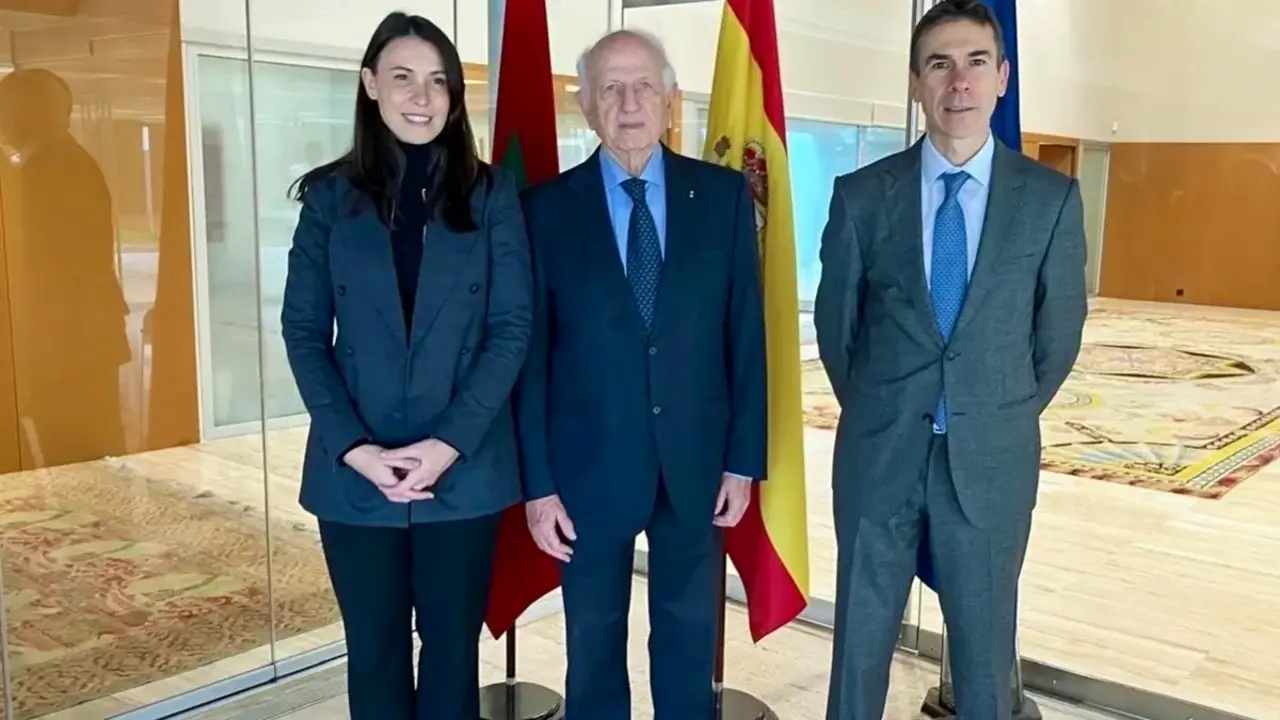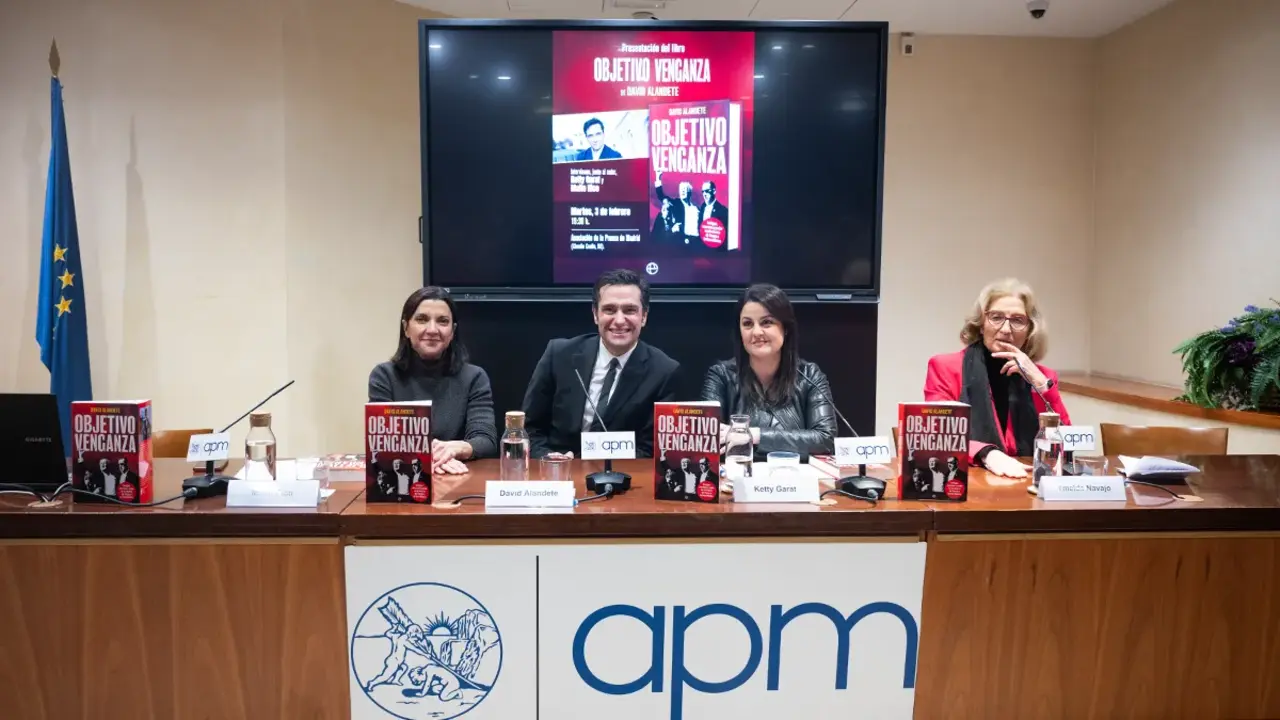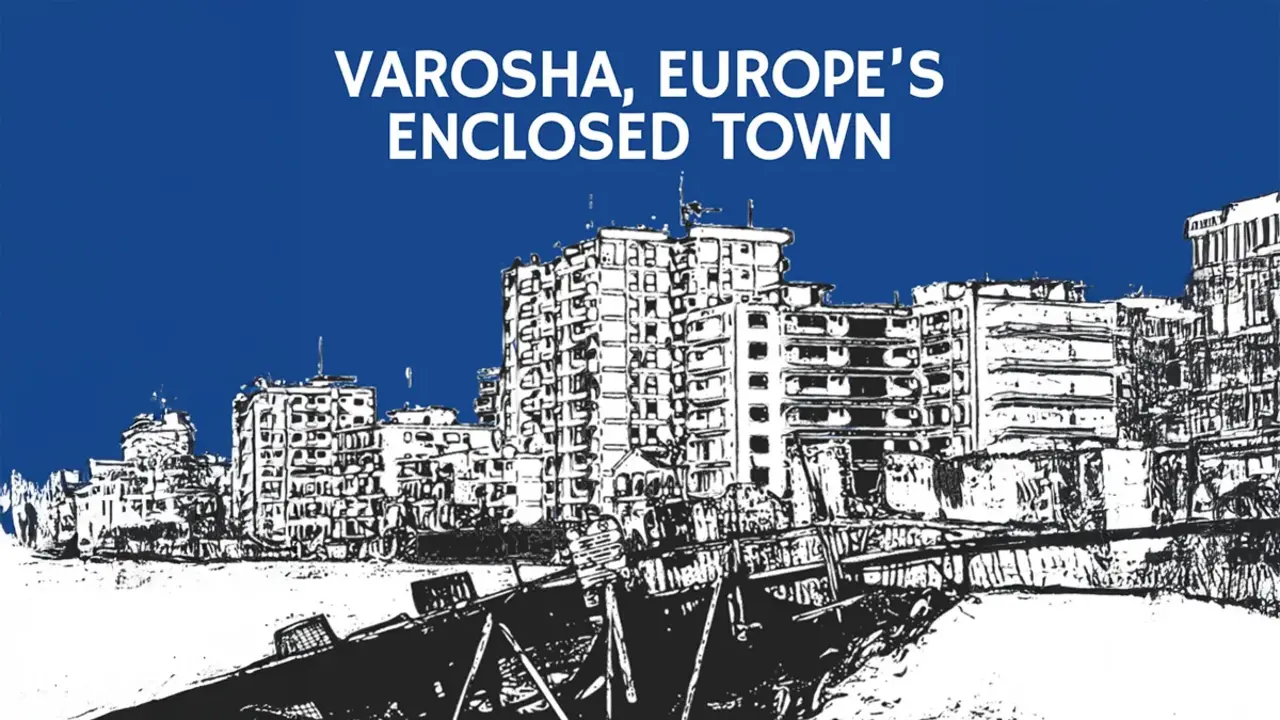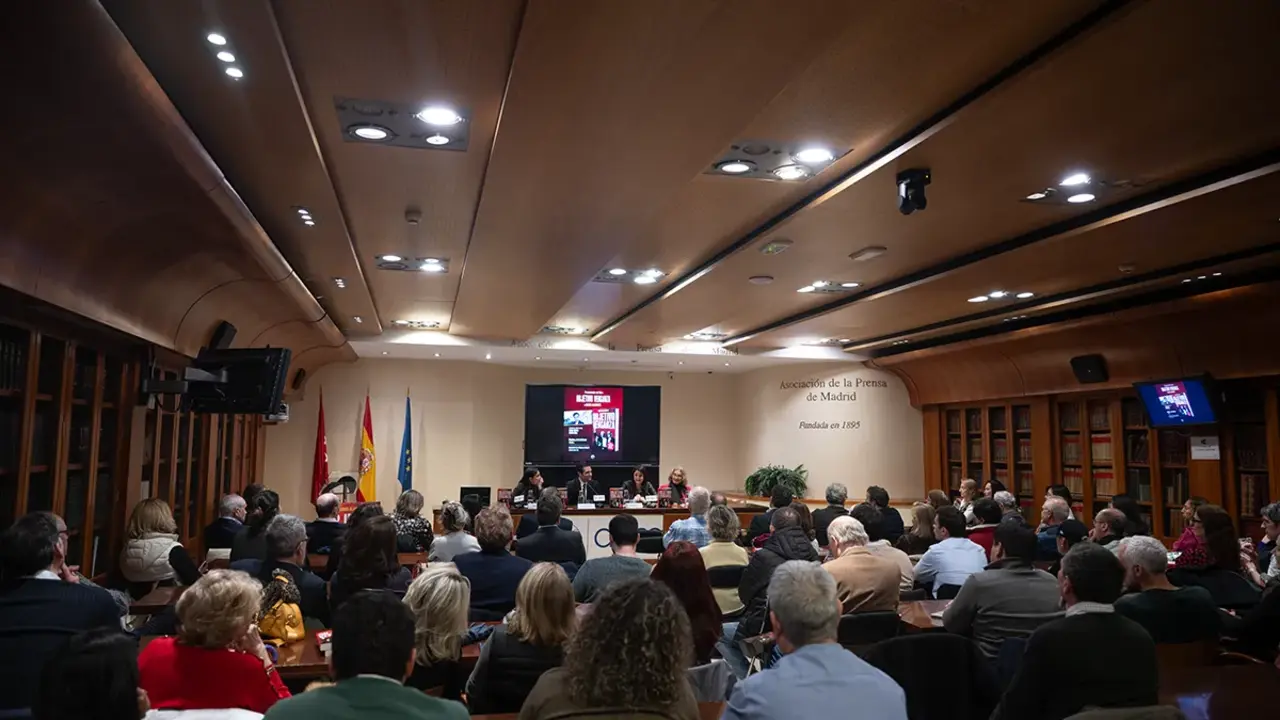‘We were the only ones to cover the war (2024)’: A Testimony of Resistance and Memory
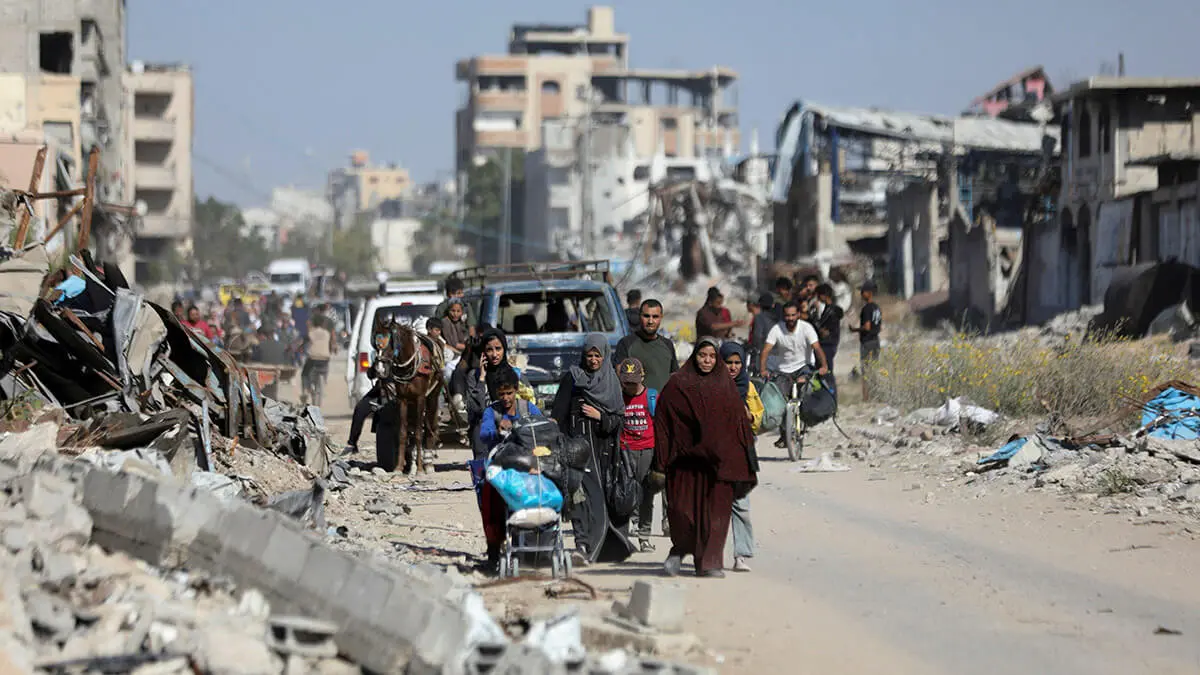
In a media context saturated with superficial information and fast news, ‘We were the only ones to cover the war... Testimonies of journalists from the Gaza Strip and the West Bank (2024)’ is not a simple report on the events in Gaza during the war of 2023, but a harrowing testimony of the experiences of Palestinian journalists who were at the forefront of the coverage in extreme conditions.
Published by the Aljazeera Media Institute, this book documents the experiences of 16 Palestinian journalists during their coverage of the war in Gaza. Through their accounts, the authors offer a valuable exercise in collective memory, an effort to preserve the truth of events that risk being forgotten or manipulated by history.
A personal and human account
The book includes testimonies of 16 journalists who represent the voice of Palestinian journalists who faced the war alone, after the occupation authorities closed the Gaza Strip to the international press and international organisations ignored them.

The book recounts details that the reader will discover for the first time. It is a series of testimonies of journalists who, during the war, not only reported the facts, but also experienced the hardships of the conflict first-hand.
These voices are those of people who faced a brutal reality, marked by violence and uncertainty, and whose mission was to continue reporting from the field, despite the adversities. Rather than following an academic or stylistic structure, these stories emerge from an urgent need to communicate reality, to not let the memory fade. Thus, as the book explains in its introduction, the reason for compiling this testimony was to prevent the story of what happened from being lost.
The Palestinian journalists involved in compiling these stories faced a context of limited international media coverage, where the world seemed to have turned its back on Gaza. In this sense, ‘We were the only ones to cover the war’ becomes a cry that defies oblivion and seeks to preserve the historical memory of events that marked an entire generation.
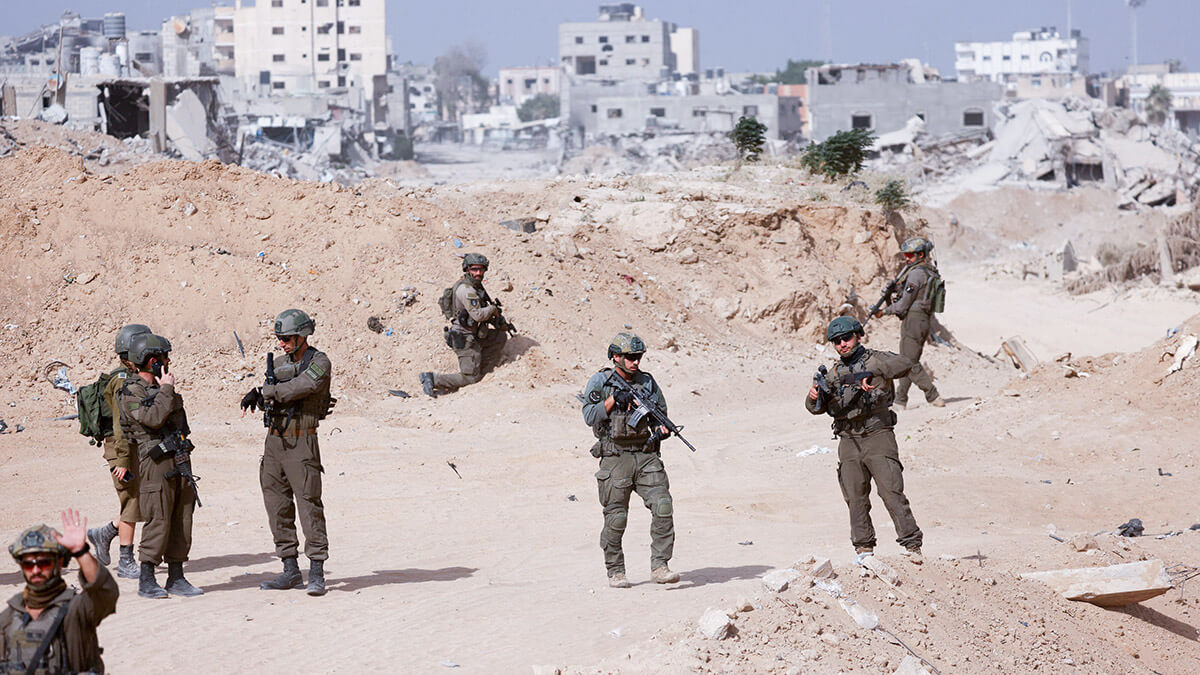
Voices against silence
Throughout the pages of this book, we find not only the voices of the 16 journalists (such as Hisham Zaqout, Lama Khater, Maram Hamid, Amir Abu Arram, among others) as witnesses of what happened, but also as actors who defied disinformation and censorship.
These accounts are not mere descriptions of the violence that was experienced, but a form of resistance: ‘To write about tragedy is to resist’. By telling their stories, the journalists not only document what happened, but also oppose the attempt to erase what happened.
Each testimony in ‘We were the only ones to cover the war’ is a reminder of human dignity in the face of adversity. Among them are stories of mothers searching for their children in the rubble, of journalists who faced danger and almost lost their lives, of men and women who, despite having lost everything, clung to the need to tell their story.
The work reflects the difficult choices journalists had to make, facing a constant dilemma between the need to report and the need to survive in an extremely dangerous environment.
More than a war testimony
Although ‘We were the only ones to cover the war’ could have been reduced to a simple report on the violence in Gaza, what makes it a unique book is the humanity and bravery exuded in its pages.
The stories are not just a list of facts, but delve into the emotions and personal experiences of those who lived through the tragedy. Through their words, we can see the indelible traces of a conflict that not only marked the land of Gaza, but all those who, like the journalists, were witnesses and actors in history.
This book is an essential piece for understanding the war in Gaza from the perspective of those who covered it, and also for reflecting on the fundamental role of journalism in times of crisis. In a world where the truth is often distorted or silenced, ‘We were the only ones to cover the war’ is a call for reflection and a reminder of the importance of historical memory.
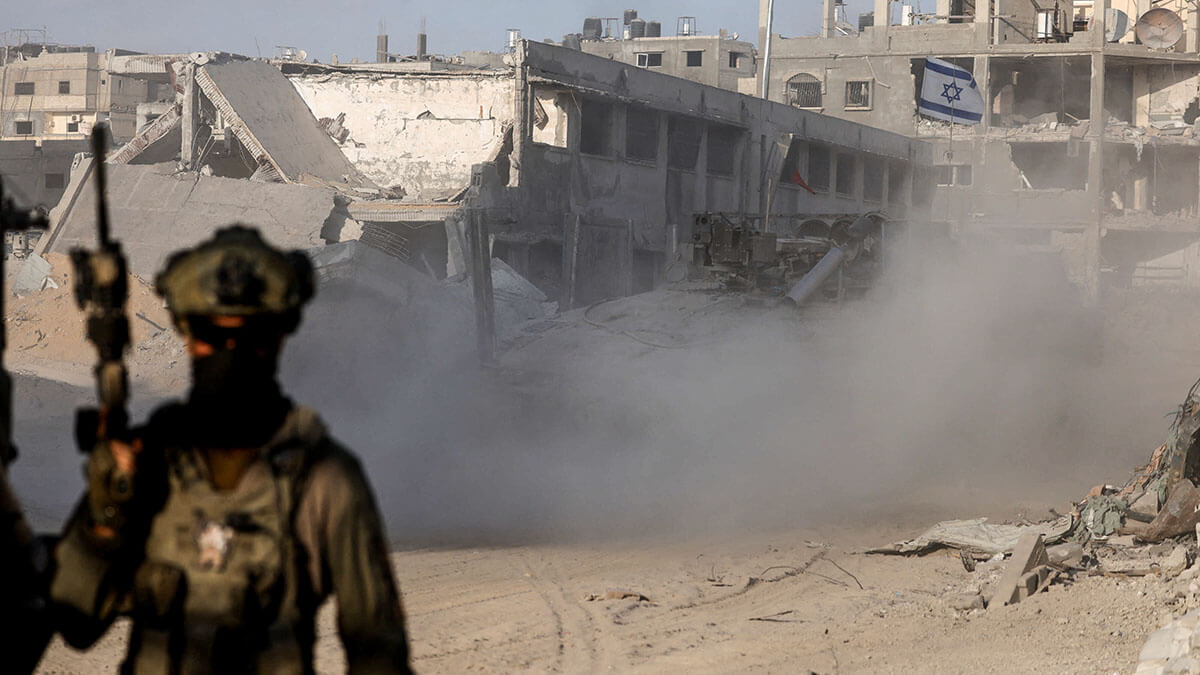
Memory as resistance
Ultimately, this book not only denounces the horrors of war, but also reclaims memory as a form of resistance to oblivion and disinformation. As the authors themselves mention in the introduction, if global justice were equitable, this book could be considered a crucial piece in the historical reckoning against those responsible for the violence. However, even if justice seems distant, the testimonies contained in this book ensure that the truth will not fade away, that the pain experienced by journalists and victims will not be forgotten, and that future generations will know the reality of what happened.
‘We were the only ones to cover the war’ is much more than just a testimony of war. It is a testimony of resistance, a commitment to historical memory and a reflection on the fundamental role of journalism in preserving the truth. By offering a firsthand view of the experiences of Palestinian journalists during one of the most difficult moments in Gaza's recent history, this book stands as an act of courage and determination, a lesson in humanity in times of conflict.
This book is essential reading for those seeking to understand the nuances of the war in Gaza, the impact on the journalists covering it, and the value of collective memory in the struggle for justice.
Speaking at the book launch ceremony in Doha, which was attended by a number of journalists from the Al Jazeera network, the institute's director, Iman Al-Amiri, welcomed the attendees and described the book as a work of unprecedented quality. She praised the efforts of the writing and editing team, particularly Mohammed Ahadad and Mohammed Zidan, for editing and documenting the testimonies of a selection of journalists who brought the atrocities of the Gaza war to the world, witnessing massacres, killings and starvation, as well as their own hardships in losing loved ones and being displaced from their homes. Al-Amiri also revealed that there is a plan to translate the book into several languages in the near future.
For his part, Mohammed Ahadad, the book's editor, stressed that these testimonies are not simply fleeting accounts, but historical documents that are recorded for future generations. He stressed that the book dismantles simplified narratives that link the war to a single event and emphasises the depth of the Palestinian tragedy.

